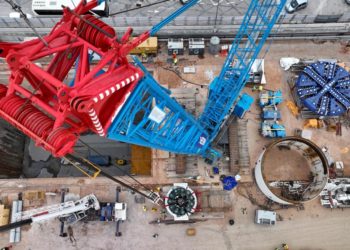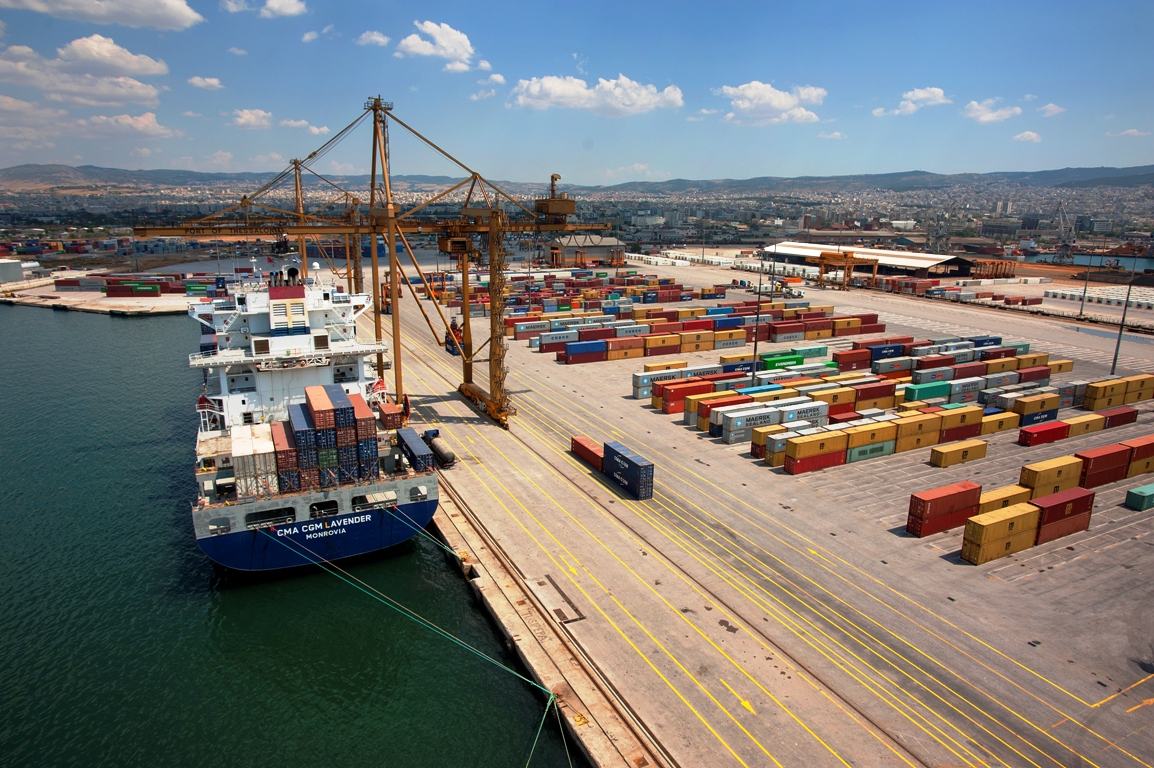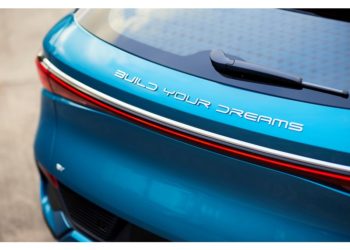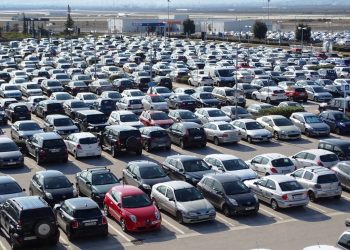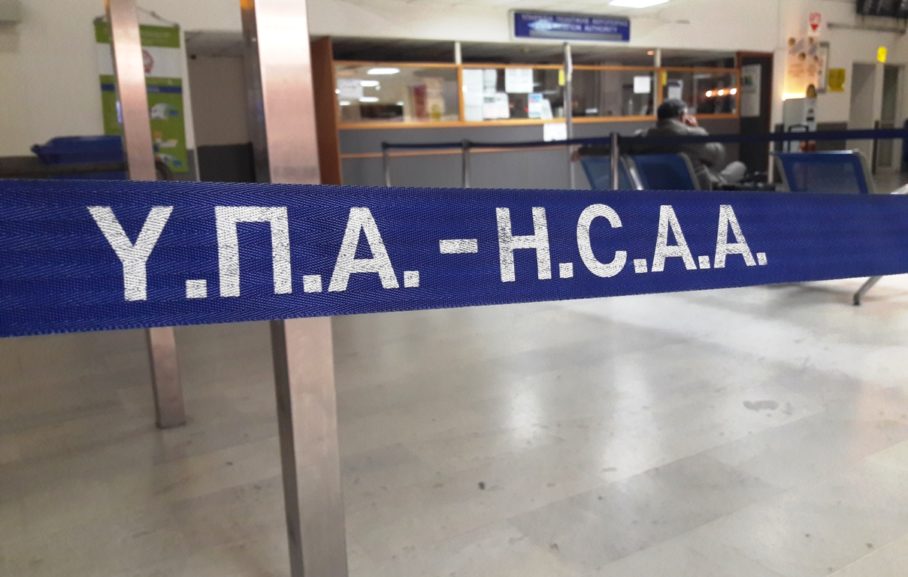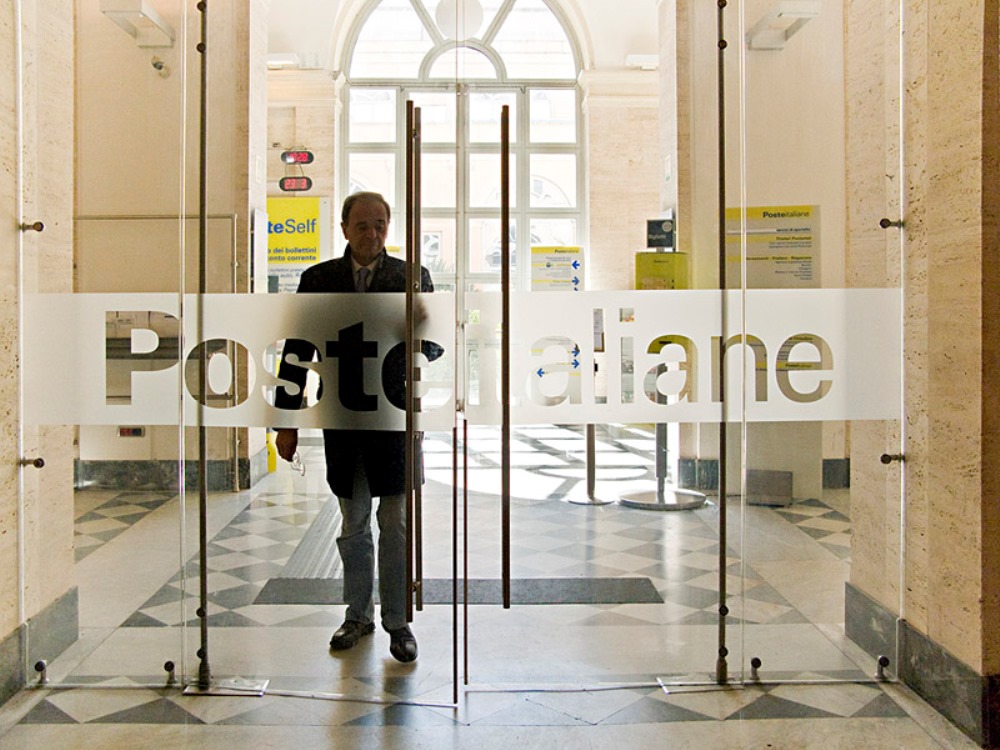The European Commission has fined Automotive Lighting and Hella a total of €26 744 000 for participating in an automotive lighting cartel, in breach of EU antitrust rules. Valeo was not fined as it revealed the cartel to the Commission. All companies admitted their involvement and agreed to settle.
Commissioner Margrethe Vestager, in charge of competition policy, said: “The Commission has sanctioned another cartel in the automotive sector. Three lighting producers harmed car and commercial vehicle manufacturers by colluding instead of competing against each other. Today’s decision underlines that we do not accept cartels that affect the European market.”
Vehicle lighting systems include parts such as headlamps or daytime running lights. The cartel concerned the supply of these spare parts to manufacturers of passenger and commercial vehicles after the end of mass production of a car model. The Commission’s investigation revealed that, for more than three years, Automotive Lighting, Hella and Valeo coordinated prices and other trading conditions for the supply of vehicle lighting systems, across the European Economic Area (EEA).
The three companies met, mainly bilaterally, at trade fairs, on the margins of supplier days organised by customers, during customer visits, but also independently of such events.
The companies discussed quotes for tenders and negotiation strategies and exchanged information on the status of negotiations with customers regarding price increases, as well as other information. Moreover, the parties agreed that they should aim for a price increase on spare parts after the end of mass production of specific car models, and coordinated how long after that they would end contractual availability of the spare parts in question.
Fines
The fines were set on the basis of the Commission’s 2006 Guidelines on fines.
In setting the level of fines, the Commission took into account the companies’ sales generated in the EEA from the supply of spare automotive lighting systems to the manufacturers of passenger and commercial vehicles after the end of mass production of a car model. The Commission also considered the serious nature of the infringement, its geographic scope and its duration.
Under the Commission’s 2006 Leniency Notice:
- Valeo received full immunity for revealing the existence of the cartel, thereby avoiding a fine of more than €30,5 million.
- Automotive Lighting and Hella benefited from reductions of their fines for their cooperation with the investigation. The reductions reflect the timing of their cooperation and the extent to which the evidence they provided helped the Commission to prove the existence of the cartel.
In addition, under the Commission’s 2008 Settlement Notice, the Commission applied a reduction of 10% to the fines imposed in view of the parties’ acknowledgment of their participation in the cartel and of their liability in this respect.
The breakdown of the fines imposed on each company is as follows:
| Reduction under the Leniency Notice | Reduction under the Settlement Notice | Fine (€) | |
| Valeo | 100 % | 10 % | 0 |
| Automotive Lighting | 35 % | 10 % | 16 347 000 |
| Hella | 20 % | 10 % | 10 397 000 |
| Total | 26 744 000 |
Background
Lighting systems include headlamps (with LED, xenon or halogen technology), daytime running lights (with LEDs or traditional bulbs), rear lights and high-mounted stop lamps (with LEDs or traditional bulbs), fog lights and auxiliary lights. They exclude electronic components such as lighting and signalling controllers and ballasts.
The investigation concerned the aftermarket segment for the supply of spare parts to original equipment manufacturer or their authorised service networks for passenger and commercial vehicles. The cartel relates solely to the original equipment spare parts market for car models whose production had ended.
Today’s decision concerning lighting systems is part of a series of major investigations into suspected cartels in the automotive parts sector. The Commission has already fined suppliers of automotive bearings ,wire harnesses in cars, flexible foam used (inter alia) in car seats, parking heaters in cars and trucks, alternators and starters and air conditioning and engine cooling systems. More investigations are ongoing, for instance concerning occupant safety systems.
Procedural Background
Article 101 of the Treaty on the Functioning of the European Union (TFEU) and Article 53 of the EEA Agreement prohibit cartels and other restrictive business practices.
The Commission’s investigation in this case started with an immunity application submitted by Valeo.
More information on this case will be available under the case number AT.40013 in the public case register on the Commission’s competition website, once confidentiality issues have been resolved.
The settlement procedure
The settlement procedure for cartels was introduced in June 2008. In a settlement, parties acknowledge their participation in a cartel and their liability for it. Settlements are based on the Antitrust Regulation 1/2003 and allow the Commission to apply a simplified and shortened procedure. This benefits consumers and taxpayers as it reduces costs. It also benefits antitrust enforcement as it frees up resources to tackle other suspected cartels. Finally the parties themselves benefit in terms of quicker decisions and a 10% reduction in fines.
Action for damages
Any person or company affected by anti-competitive behaviour as described in this case may bring the matter before the courts of the Member States and seek damages. The case law of the Court and Council Regulation 1/2003 both confirm that in cases before national courts, a Commission decision constitutes binding proof that the behaviour took place and was illegal. Even though the Commission has fined the cartel participants concerned, damages may be awarded without being reduced on account of the Commission fine.
The Antitrust Damages Directive, which Member States had to transpose into their legal systems by 27 December 2016, makes it easier for victims of anti-competitive practices to obtain damages.

